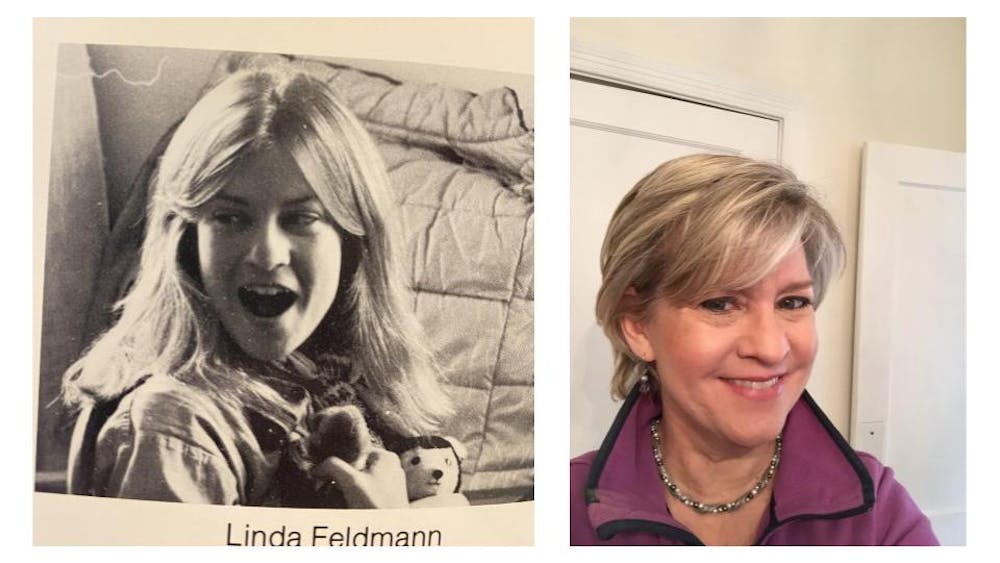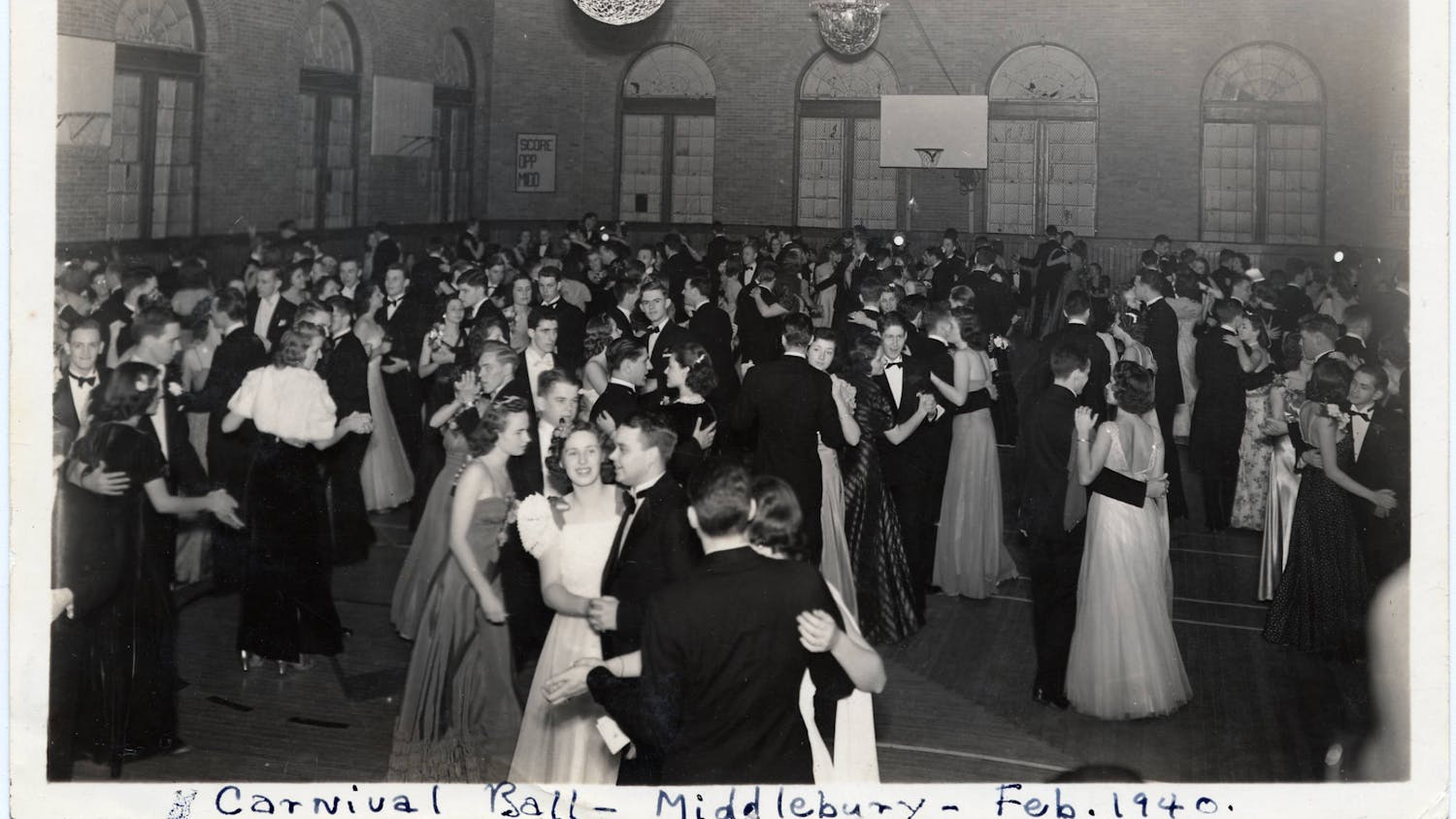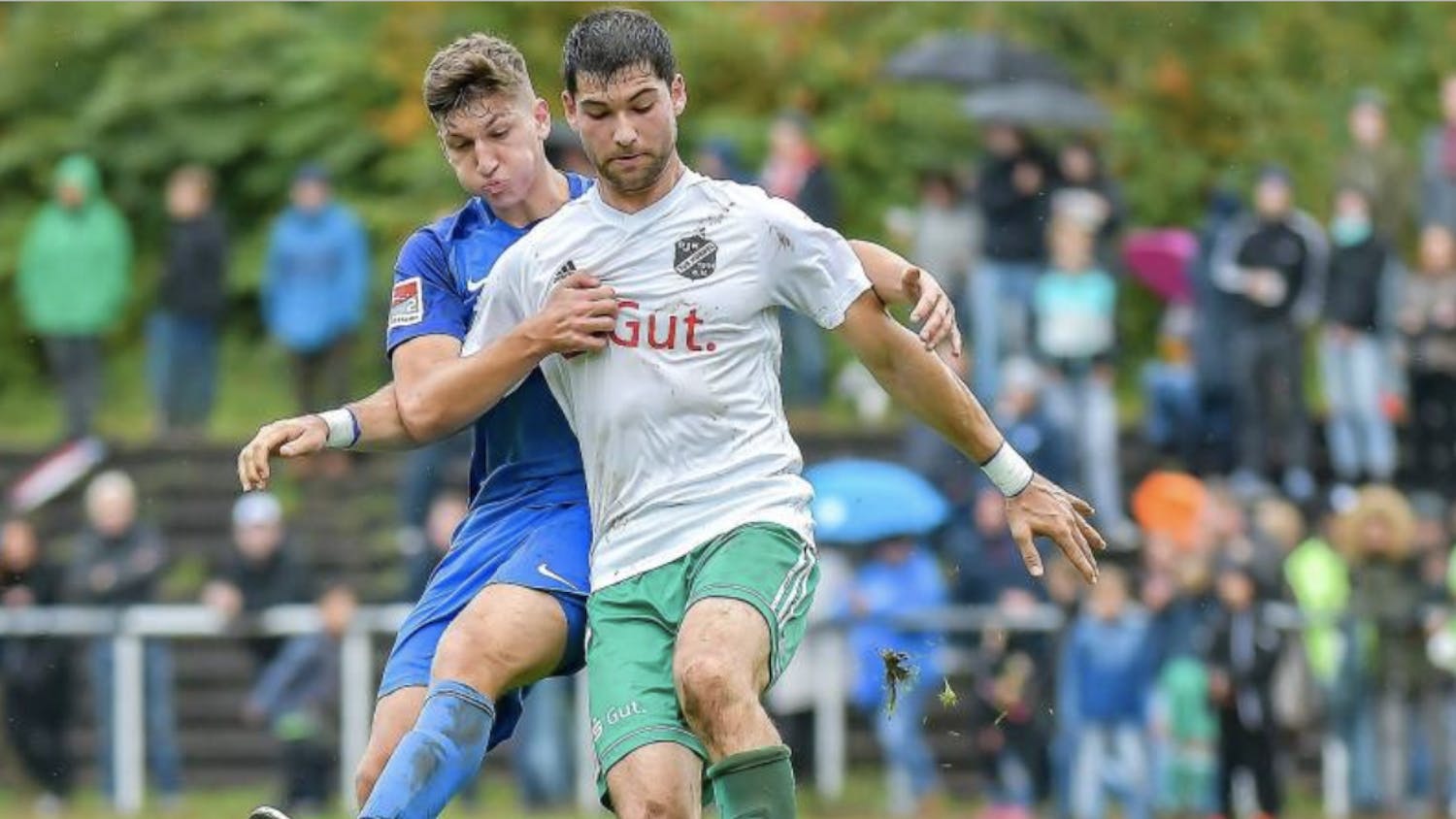Link: https://open.spotify.com/show/0xnO7LGUH3W1nkVNTkr5FD
Linda Feldmann ’81 majored in Russian Language and Literature at Middlebury and is now the Washington Bureau Chief at The Christian Science Monitor. The Christian Science Monitor, commonly known as “The Monitor”, is not a religious publication, but an international nonprofit news organization. Linda is the White House Correspondent and oversees the Bureau in Washington, D.C.. She also hosts the newsmakers' breakfast with members of Congress, senior administration officials and major figures of both parties.
Q: Describe a typical day as Washington Bureau Chief at the Christian Science Monitor now.
A: There is really no typical day. Some days, roughly once a week, I work at the White House if I am the pool reporter. I would cover the President, travel with him in the motorcades, maybe be in the oval office if invited in. Other days I am constantly on my phone due to the pandemic. However, I am gradually having more in-person coffees and conversations as the situation is getting better.
Q: Is this job what you imagined yourself doing when you were in college?
A: Absolutely not. In fact, I never aspired to be a journalist. I probably should not admit this, but I have never even written for The Middlebury Campus. A good friend of mine was an editor of The Campus. I was in awe of her ability to be a fulltime student while managing her work at The Campus, which seems like two full time jobs. However, as I look back, I had the ingredients to be a journalist: curiosity towards the world and writing abilities.
Q: What inspired you to be a journalist then?
A: I studied in Moscow in the second semester of my junior year and met the Moscow Bureau Chief and Foreign Editor of the Christian Science Monitor. The Foreign Editor recommended me to be a Foreign Correspondent and gave me a job offer after college. I think the reason is that the Monitor likes employees who speak foreign languages. Great news for Middlebury students! I started at the bottom in the industry and became a reporter after seven years. Nonetheless, my experience 40 years ago was definitely not typical and will not apply today. To become a journalist today, one has to show a strong interest and have previous experience and clips to enter major newspapers.
Q: Middlebury is a rather liberal environment; D.C. is pro-establishments. How was your transition out of college into your career as a foreign correspondent?
A: Speaking of the political environment, I have learned over the years to set aside personal views and be dispassionate about the news. For instance, I am closely watching the recent news of Russia invading Ukraine. However, to be objective, I need to distance myself from the emotions. Moreover, Middlebury was not as liberal when I was a student as it is today.
Q: In America’s increasing polarized political landscape, how do you keep an objective attitude?
A: I deal with and interview people across the political spectrum on a daily basis. Indeed, Washington and American politics have become polarized, but I have always appreciated the Washington tradition of strong political views. Given these, I believe that abilities to communicate with people who hold opposite views, understand their perspectives, and find common ground are key. That is not to say that the middle is always the right answer, but the middle is where things begin.
Q: Moving away from politics and back to your journey at Middlebury, what inspired you to choose your major, Russian Language and Literature?
A: I came to Middlebury precisely because of its strong language programs. I knew I wanted to continue with French, which I studied in high school, and also to learn something more exotic. As a child, I remembered my parents’ collection of Russian record albums with beautiful covers, which was my entry into Russian culture. Also, before I knew a word of Russian, I’ve always appreciated the Russian love of literature, music, dance and theater, which inspired me to learn more about their language. I, therefore, declared a Russian major by the end of my first semester of freshman year. That might seem impractical to others, but I simply decided to major in my favorite subject and figure out other stuff later.
Q: You have studied abroad in Moscow for a semester and later worked as a USSR correspondent there. What inspired you? How was your experience there?
A: For me, the main appeal to study in Russia was the cultural exchange. It is especially vital during times of international tension. When I left for Moscow in January 1980, the USSR had just invaded Afghanistan. Going over there as a student at the height of the Cold War, knowing Russians as people, making Russian friends, and learning their culture, I think these are the connective tissues that set the foundation for international relations. Nowadays, I am glad to know that despite the national level of tension, there are still Russian and Chinese students coming over to the U.S. I believed that interpersonal relationships are vitally important as a student of Middlebury and Moscow, and I believe in it today.
Q: What’s a memorable interview you’ve had with someone from the White House?
A: My most memorable experience was my interaction with the presidents. Though I have never had a sitdown interview with any of them, I have been in the oval office, talking to George W. Bush and flew on Air Force 1 a few times. I will never forget a time when Donald Trump came to the back of the plane where the reporters sat and just shot the breeze with us. His different behaviors on and off camera are interesting. And my goal in life wasn’t to get rich but to have interesting experiences. In that regard, I have succeeded in both.
Q: Lastly, please share some of the most memorable moments as a student at Middlebury.
A: Well, getting a C+ in a physics class was memorable, which was my only C here. Middlebury invited some great concerts and musicians, such as Muddy Waters, Harry Chapin, Yoyo Ma, Ravi Shankar, and great speakers, like Buckminster Fuller. My professors are fantastic and we shared life-long friendships, not just between the students but extended to faculty as well. Lastly, I just want to shout out to Alexander Bakers, a professor in the Russian department and an active member of the community.




